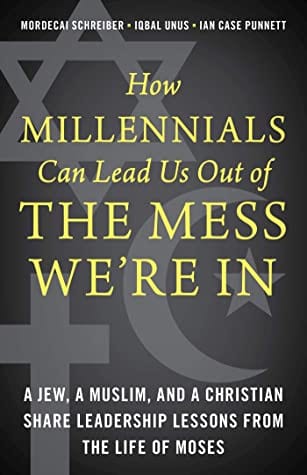Sallie McFague, in her classic book, Models of God, offers a thought-provoking suggestion for the task of theology in each age. The task, the challenge, she says, is to find new metaphors, new concepts, for doing theology even while we use the Scripture as the basis for doing so. In fact, the Scriptures themselves offer us exemplars for doing this very thing.
She writes,
In other words, to do theology, one must in each epoch do it differently. To refuse this task is to settle for a theology appropriate to some time other than one’s own. To be sure, this understanding of theology involves a somewhat different view of the founding (i.e. scriptural) images and concepts than is often held. It sees the rich and diverse metaphors and concepts of the Bible as models or exemplars of theology rather than as dictums for theology. On my view, what we have in Paul’s letters and in the Gospel of John are two highly imaginative (and very different) attempts to express the salvific love of God in metaphors and concepts appropriate to their time–in the one case, in a missionary, proselytizing context, and in the other, in a sectarian, otherworldly one. Is one right and the other not? That is not the right way to ask the question; evidently, they were both right for their time. The question we must ask is, Are they right for our time? Or to phrase it differently and more to the point, What should we be doing for our time that would be comparable to what Paul and John did for theirs? Does Christian theology involve, either through translation or through interpretation, using the metaphors and concepts of Scripture (and the tradition), or does it involve taking scriptural texts as a model of how to do it, that is, of how to do it in ihe language of one’s own time? I believe the second option is the necessary and appropriate one, and this will, quite obviously, involve significant departures.
What are needed in our time, I believe, are attempts at new exemplars, new models, of the Christin faith. These will involve, as theologies of the past have involved, new metaphors and concepts for expressing the salvific power of God.
As she points out, this way of approaching theology is not actually new. It’s been done throughout the history of theological reflection. Perhaps what is new about it is the extent to which theologians are self-conscious about this task and about this responsibility.













